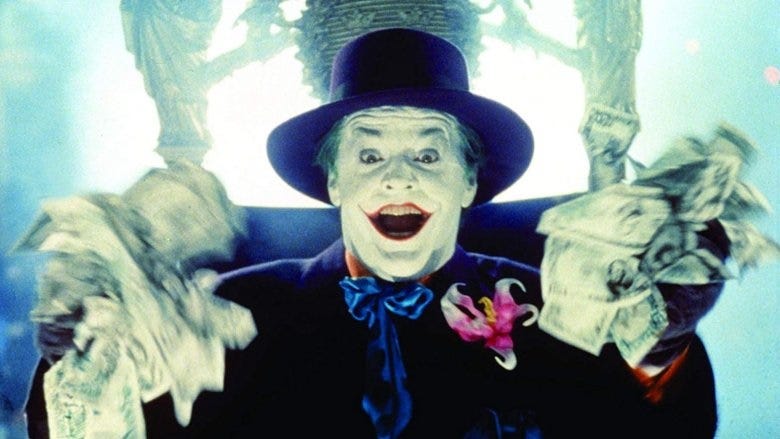Trump and inflation

🌈 Abstract
The article discusses the potential impact of Donald Trump's policies on inflation in the United States if he were to win a second term as president. It examines three main ways Trump could increase inflation: through tariffs, deficits, and pressuring the Federal Reserve to lower interest rates.
🙋 Q&A
[01] Tariffs and Inflation
1. Questions related to the content of the section?
- The article discusses how Trump's proposed tariffs, such as a 10% tariff on all imports, a 60% tariff on Chinese goods, and a 200% tariff on cars made by Chinese-owned companies, could have an inflationary impact by representing a negative supply shock.
- However, the article also notes that the actual impact of tariffs on inflation is uncertain, as factors like currency appreciation could offset some of the inflationary effects.
- Estimates of the potential increase in consumer prices from Trump's proposed tariffs range from 2.5% to 6.7%, which would be a one-time price increase rather than a long-term rise in the inflation rate.
[02] Deficits and Inflation
1. Questions related to the content of the section?
- The article argues that Trump's lack of concern for austerity and tendency to engage in deficit spending, such as the $2.2 trillion CARES Act and $0.9 trillion follow-up in 2020, could contribute to demand-side inflation.
- It notes that macroeconomic theory generally suggests government budget deficits are inflationary, and that the rising interest costs on the growing national debt could further exacerbate this issue.
- The article suggests that Trump is unlikely to address the problem through austerity measures and may instead try to pressure the Federal Reserve to lower interest rates.
[03] Federal Reserve Independence and Inflation
1. Questions related to the content of the section?
- The article discusses how Trump's allies are reportedly preparing proposals to erode the Federal Reserve's independence, such as by giving the president a role in setting interest rates or making it easier to remove the Fed chair.
- It argues that forcing the Fed to lower interest rates, even in the face of high inflation, would help Trump keep employment high but at the cost of higher inflation and potentially undermining the Fed's credibility.
- The article suggests that a combination of tariffs, high deficits, and interference with the Fed could push inflation back to 1970s levels, and there is even a small risk of hyperinflation if Trump's policies lead to a collapse in the value of the dollar.
Shared by Daniel Chen ·
© 2024 NewMotor Inc.